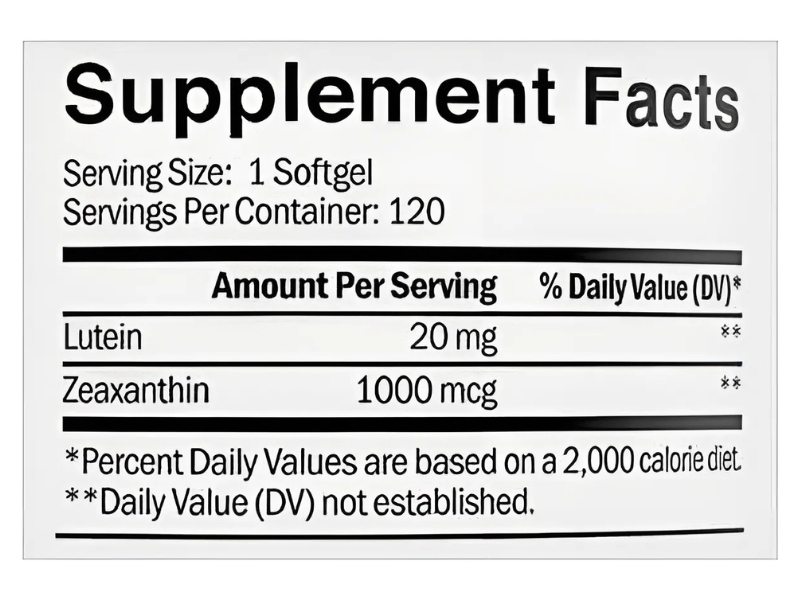Ireland's Health Divide Deepens: Economic Growth Doesn't Guarantee Better Health for All

Despite recent economic improvements in Ireland, a concerning trend is emerging: the gap in health outcomes between the country's most and least disadvantaged communities is widening. A new report from the Economic and Social Research Institute (ESRI), commissioned by Pobal, has uncovered “clear evidence” of this troubling disparity, prompting urgent calls for targeted interventions and policy adjustments.
The ESRI study, a comprehensive analysis of socioeconomic conditions across various Irish communities, reveals a complex picture. While Ireland has experienced periods of economic growth, the benefits haven't been evenly distributed, and this inequality is now manifesting in stark health differences. The report highlights that individuals living in the most deprived areas consistently experience poorer health outcomes compared to those in more affluent regions.
Key Findings of the ESRI Report:
- Widening Health Gap: The report confirms a clear and growing divergence in health indicators, including life expectancy, prevalence of chronic diseases, and mental wellbeing, between the most and least disadvantaged communities.
- Socioeconomic Factors: The study underscores the significant impact of socioeconomic factors, such as income, education, employment, and housing, on health outcomes. These factors create a cycle of disadvantage, making it difficult for individuals in deprived areas to access quality healthcare and adopt healthy lifestyles.
- Geographic Disparities: The report identifies distinct geographic areas within Ireland where health inequalities are particularly pronounced, often correlating with areas of high unemployment and limited access to essential services.
- Impact on Vulnerable Groups: Certain vulnerable groups, including children, older adults, and individuals with disabilities, are disproportionately affected by these health inequalities.
Why is this happening?
The report suggests that the economic growth hasn’t translated into improved health for everyone due to several factors. These include inadequate investment in social services, a lack of targeted interventions for disadvantaged communities, and systemic barriers to accessing healthcare. Furthermore, the report points to the enduring impact of historical inequalities and the persistence of social determinants of health.
What needs to be done?
ESRI's findings call for a fundamental shift in approach. The report recommends:
- Targeted Investment: Increased investment in social services, healthcare infrastructure, and community-based programs in deprived areas.
- Addressing Social Determinants: Policies that tackle the root causes of health inequalities, such as poverty, unemployment, and inadequate housing.
- Improved Healthcare Access: Measures to ensure that everyone, regardless of their socioeconomic status or geographic location, has access to quality healthcare services.
- Data-Driven Interventions: Continued monitoring of health inequalities and the use of data to inform the development of effective interventions.
This report serves as a stark reminder that economic progress alone is not enough to create a healthy and equitable society. Addressing the widening health divide requires a concerted effort from policymakers, healthcare providers, and community organizations to ensure that everyone in Ireland has the opportunity to live a long and healthy life. Ignoring this growing inequality risks undermining the overall wellbeing and prosperity of the nation. The report urges immediate action to prevent further deterioration and build a healthier future for all Australians.






